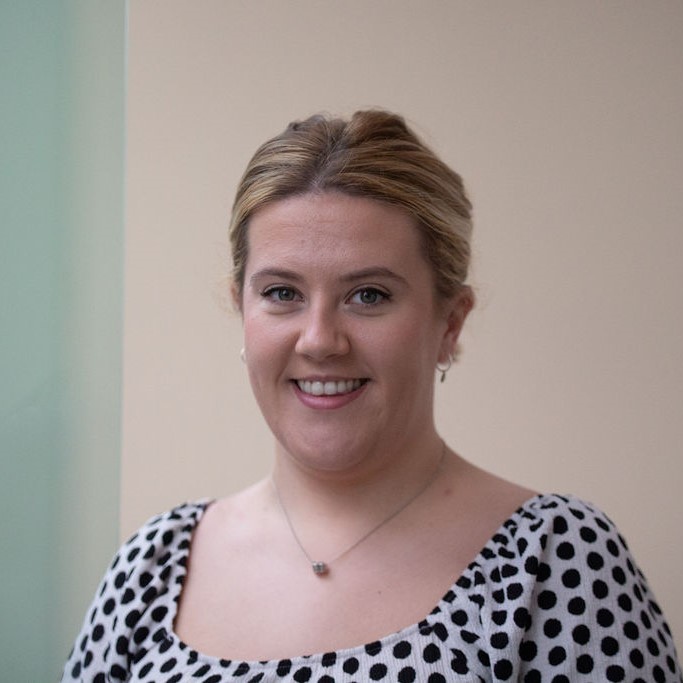Cerebral Palsy
Cerebral palsy is caused by a type of brain injury experienced by a child before, during or shortly after birth. It usually affects movement and co-ordination.
As a result, the symptoms of cerebral palsy aren't usually obvious at the time of birth. They usually become more noticeable as a child starts to develop. Often, the condition is identified during the first two to three years of a child’s life but it can go unrecognised until adulthood.
The symptoms of cerebral palsy can include:
- delays in reaching development milestones set by the NHS (such as failing to sit by 8 months or walk by 18 months);
- appearing stiff or floppy;
- weakness in the arms or legs;
- experiencing jerky or clumsy movements;
- having random movements which cannot be controlled;
- walking on tip-toes instead of the soles of the feet; and
- a range of other problems – such as swallowing difficulties, problems or delays in speaking, vision problems and learning disabilities.
The severity of symptoms can vary significantly. Whilst some children have minor problems and can attend mainstream education, others may be severely disabled and require specialised educational and care provision.
The brain injury which results in Cerebral Palsy can have a number of causes including:
- an infection caught by the mother (such as rubella or chickenpox);
- a stroke in the baby resulting in bleeding in the baby’s brain or the blood supply being cut off;
- the brain not getting enough oxygen (asphyxiation) during a difficult birth; or
- an infection of the brain, such as meningitis.
Whilst Cerebral Palsy cannot always be prevented, it does sometimes unfortunately occur as a result of negligent treatment being provided by a doctor or midwife or in circumstances where there is a delay in recognising that a baby’s condition is deteriorating during birth or in the post-birth period.
In circumstances where medical negligence has caused Cerebral Palsy, we are able to act on behalf of you and your child. We have a contract with the Legal Aid Agency to provide Legal Aid which will cover the cost of making a claim.
Where Legal Aid is not available, we can usually act under a Conditional Fee Agreement (sometimes referred to as a ‘no win, no fee agreement’ in the media).
Wake Smith Solicitors has a great deal of experience in successfully pursuing claims for Cerebral Palsy. In the past, we have successfully pursued claims arising from:
- a delay in responding to the umbilical cord being wrapped around a child’s neck;
- a failure to monitor a child’s heart rate or react when the heart rate became concerning;
- a delay in delivering a child or failing to recognise that a caesarean section should be performed; and
- a failure to recognise and treat an infection in a mother.
When making a claim on behalf of a child there is a time limit, 3 years from their 18th birthday. This does not apply if your child doesn’t have the mental capacity to make a claim once they reach adulthood.







